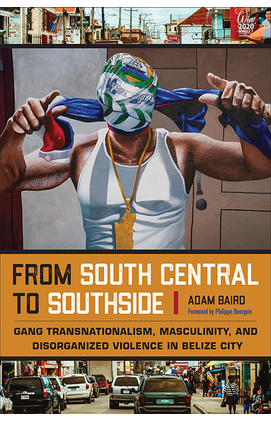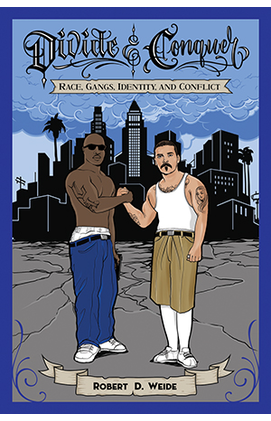Critical Criminology: An International Journal
Critical Criminology is the official journal of the Division of Critical Criminology of the American Society of Criminology (ASC) and the Academy of Criminal Justice Sciences Section on Critical Criminology ACJS).
The journal explores social, political, and economic justice from a range of critical perspectives, including postcolonial, feminist, Marxist, anarchistic, peace-making, left realist, cultural, narrative, postmodernist, visual, abolitionist, Queer, Southern, Indigenous, and green criminology. Rather than limit the scope of its coverage to state definitions of crime, Critical Criminology focuses on issues of social harm and social justice, including work exploring the intersecting lines of class, gender, race/ethnicity heterosexism, and oppression in all its ubiquitous forms.
The journal will benefit those interested in methodologies and theories pertaining to the study of crime and criminal justice systems that challenge and critique the status quo. It provides a platform for work that centers on creative and cooperative solutions to justice problems, plus strategies for the construction of a more inclusive society. The journal aims to:
Offer alternative perspectives on social, political, and economic justice.
Explore the intersection of class, gender, race/ethnicity, and heterosexism.
Seek creative and cooperative solutions to justice problems.
Discuss strategies for the construction of a more inclusive society.
-
Editors-in-Chief
David C. Brotherton, John Jay College of Criminal Justice and the Graduate Center, City University of New York, USA
Jayne Mooney, John Jay College of Criminal Justice and the Graduate Center, City University of New York, USA
Immediate Past Editor-in-Chief
Avi Brisman, Eastern Kentucky University, USA
European Editors
Nigel South, University of Essex, UK
Luca Queirolo Palmas, University of Genoa, Italy
Book Review Editor
Jennifer Ortiz, The College of New Jersey USA
-
Latest issues and articles can be found here
-
Guidelines and instructions for authors can be found here
Studies in Transgression, edited by David Brotherton, publishes books at the intersection of sociology and critical criminology. This series challenges the normative conventions of the broader study of crime to produce a fuller accounting of a society’s responsibilities for and complicity in the threats and wrongdoing that come to be seen as police-able crimes. The series examines behaviors understood as transgressive by looking at the cultural assumptions that contextualize that reading and the structural factors that underlie those behaviors. Books in the series will examine marginal lifestyles and their relationship to crime around the Unites States and the globe. Perspective authors should contact the series edtior David Brotherton or Temple University Press Editor Ryan Mulligan to discuss their work in progress for inclusion in the series.
Studies in Transgression: Book Series
From South Central to Southside
Adam Baird, 2024
From South Central to Southside charts the genesis and evolution of a transnational gang culture. Baird provides firsthand interviews with gang members and “narco” families and explains the surprising source of Belize City’s severe violence and skyrocketing homicide rates. He identifies gang violence in the U.S. and Belize as stemming from populations blighted by historical, brutal inequality and marginalization. Analyzing the gendered dynamics as young men and women face the temptations, risks, and dangers of gang life, Baird shines a light on “chronic vulnerability" in Belize City. Read more here
Divide & Conquer: race, gangs, identity and conflict
Weide explores both the historical foundations and the conceptual and cultural boundaries and biases that divide gang members across racial lines, detailing case studies of specific racialized gang conflicts between Sureño, Crip, and Blood gangs. Weide employs mixed-methods research, having spent nearly a decade on ethnographic fieldwork and conducted over one hundred formal interviews with gang members and gang enforcement officers concerning taboo subjects like prison and gang politics, and transracial gang membership. Read more here.
Robert D. Weide, 2022
Before Crips: Fussin’, Cussin’ and Discussin’
This groundbreaking book opens the door on the missing record of South Los Angeles juvenile gangs. It is the result of the unique friendship that developed between John Quicker and Akil Batani-Khalfani, aka Bird, who collaborated to show how structural marginality transformed hang-out street groups of non-White juveniles into gangs, paving the way for the rise of the infamous Crips and Bloods. Before Crips uses a macro historical analysis to sort through political and economic factors to explain the nature of gang creation. Read more here.
John Quicker and Akil Batani-Khalfani, 2022



